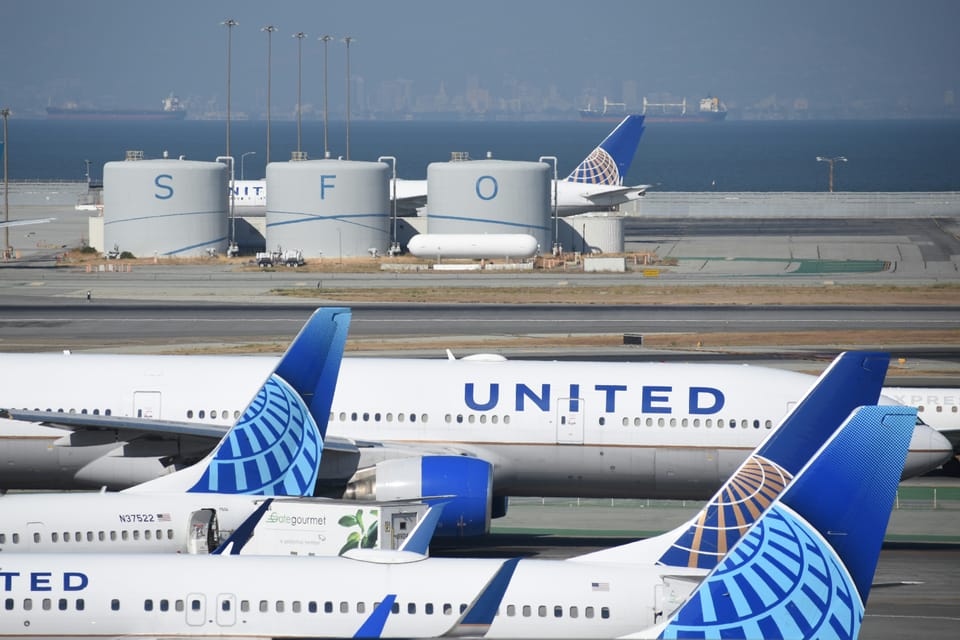California and US airlines aim to grow SAF supply tenfold by 2035

The California Air Resources Board (CARB) and trade association Airlines for America (A4A) have signed an agreement to grow the supply of sustainable aviation fuel (SAF) in the state tenfold by 2035.
Their goal is for California to supply 300 million gallons of SAF by 2035, to cover 40% of intrastate flights’ fuel needs.
Creating incentives for SAF investment
CARB and A4A (whose members include Alaska Airlines, American Airlines, Atlas Air Worldwide, Delta Air Lines, FedEx, Hawaiian Airlines, jetBlue Airways, Southwest Airlines, United Airlines, UPS, and associate member Air Canada) plan to accelerate supply by identifying, evaluating and prioritising new policies and actions.
These could include incentives for investment and timely permitting to help develop the SAF market for intrastate flights in California.
Per the agreement, a public website will also be created by CARB to display the latest information on the availability and use of conventional jet fuel and SAF within the state.
“California and the aviation industry are joining forces to tackle emissions head-on,” said California Governor Gavin Newsom. “We’ve put the tools in place to incentivise cleaner fuels and spur innovation, creating opportunities like this to radically change how Californians can travel cleaner. This is a major step forward in our work to cut pollution, protect our communities, and build a future of cleaner air and innovative climate solutions.”
Read also: IATA to launchplatform connecting airlines to SAF suppliers
Supporting airlines’ net zero commitments
The partnership is set to support the net zero commitments made by airlines operating in the state: Delta Air Lines, for example, is targeting net zero emissions by 2050 – a goal it has committed to submit to the SBTi for verification.
“SAF is the best-known lever we have to decarbonise aviation, and with around 90% of Delta’s carbon emissions coming from jet fuel, we need as much SAF as we can get. That’s why we’re proud to have current offtake agreements in place to support our use of SAF in California, and why we will continue to work with value chain players and government partners like CARB to accelerate the development of SAF for the future,” commented Amelia DeLuca, Chief Sustainability Officer at Delta Air Lines.







Member discussion